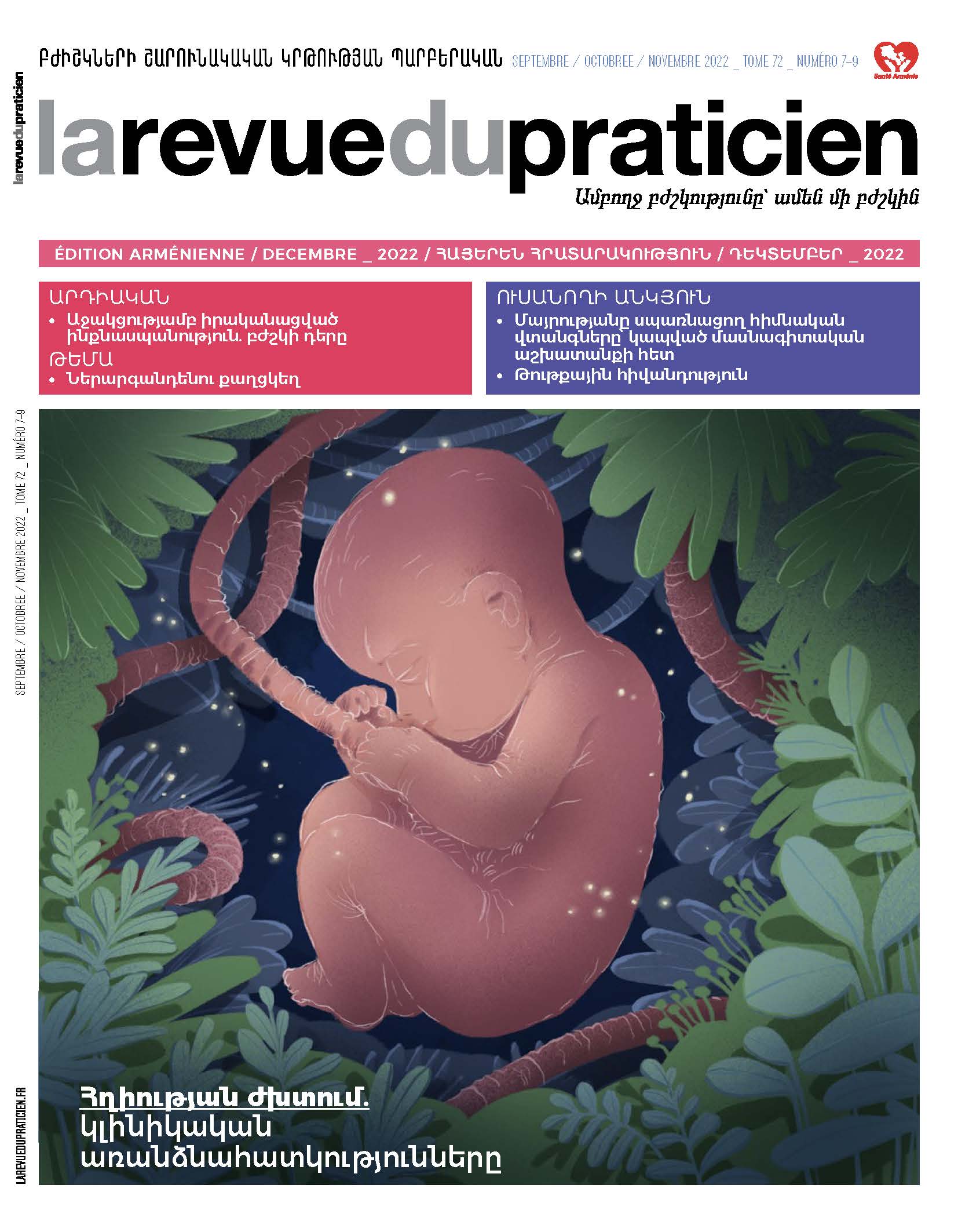Risk and protective factors for colorectal cancer 63
Bernard Denis.Abstract
Behaviour and environment play a more important role than heredity in colorectal carcinogenesis. The proportion of colorectal cancers (CRCs) attributable to occupational exposure, pollution or poor socio-economic status is low. The risk levels on which the French CRC screening recommendations are based are obsolete and need to be updated. An individual with one or two non-advanced adenomas resected at colonoscopy is at low risk of CRC. Only a first-degree family history of CRC in one parent before age 50 or in two parents at any age confers a significant increased risk. Certain diseases or situations that are sources of an increased risk of CRC were not previously considered: cystic fibrosis, radiotherapy and paediatric cancer survivors. New inherited predisposition syndromes associated with a very high risk of CRC have been described in addition to Lynch syndrome and familial adenomatous polyposis: MUTYH-associated polyposis, constitutional MMR deficiency, Lynch-like, PPAP and X syndromes. Half of all CRCs are related to modifiable risk factors associated with westernized lifestyle such as physical inactivity, junk food and obesity. There is nothing specific about dietary recommendations for the primary prevention of CRC: physical activity, limitation of red and processed meat, increase in dietary fibre and dairy products, limitation of alcohol and avoidance of tobacco. Finally, it is premature to use aspirin in primary prevention of CRC outside of Lynch syndrome and associated significant cardiovascular risk.
MeSH :
Adenomatous Polyposis Coli/diagnosis,
Adenomatous Polyposis Coli/genetics,
Adenomatous Polyposis Coli/prevention and control,
Child,
Colonoscopy,
Colorectal Neoplasms/diagnosis,
Colorectal Neoplasms/epidemiology,
Colorectal Neoplasms/etiology.
Keywords :
Colorectal Neoplasms.
